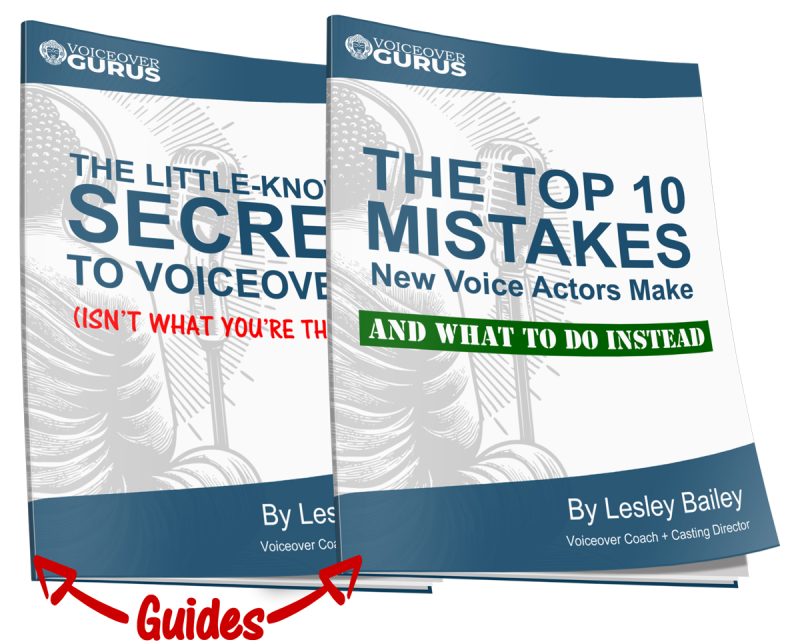-
After several weeks of working with Lesley, I know that the time is rapidly approaching when I willwant to start recording demos and (hopefully) commercial work.One option is to rent out some time in a professional studio. Right now in Portland, it costs about $40per hour to rent studio time for voiceovers. This is absolutely a reasonable option. But given that I amalso capable of recording and editing audio, I decided to build a home studio instead.In this first post, I’m going to go over two options for you to consider when choosing a space for yourhome studio. In future entries, I’ll also cover soundproofing, recording equipment, and software. We’llkeep a close eye on budget along the way. No one wants to spend too much, but buying professional-quality when possible is important with something that is is intended to make you money. After all this is an investment, like a mechanic buying a fine set of tools.“There are three things that matter…location, location, location.”Depending upon your living situation, you have a couple of options: For renters, as well as homeowners, converting a large closet into yourrecording studio it is definitely a viable option. The upside to this is that it keeps the cost extremelylow, because it requires no new construction. The downside is that the location of the closet in yourhome or apartment may be less-than-ideal when it comes to soundproofing. Outside walls, pipes, ornoisy neighbors may bleed through. So some of what you saved will have to be spent on upgradedsoundproofing down the road.If you own your home and have even a modest yard, you may want to consider new construction. Aquick web search will give you an idea of some options for having a small shed built on your property.Let’s start with the barest bones scenario:I was quoted around $1,500 to have an 8 ft wide by 8 ft long by 7 foot 10 inch high shed built behindmy house. It’s the smallest size available, and ample for a home voicework studio. The other nice thing about it is that since it’s 8 feet wide by 8 feet high it’s easy to do the math on how many 4 x 8 sheets of sheet rock, plywood, or other soundproofing materials you’ll need to purchase to cover the interior.After the structure is built, the more labor that you can do yourself the cheaper the price will be. Foradditional soundproofing, and by virtue of the fact that it keeps your workspace warm in the winter and cool in the summer, I absolutely recommend putting insulation up before drywall. There are, of course, innumerable videos demonstrating ever step of this process on YouTube.Ten rolls of R-13 “faced” insulation (meaning it has paper on one side when you unroll it) cost about$22 each. For a total of $220 You’ll need 10 4 x 8 sheets of drywall. They’re about $15 apiece, so that’sonly $150 more. So far, “finishing” the interior has only cost us $370. Let’s add another $50 forincidentals (drywall screws, etc.) And we’re up to $420. Which, when added to the original $1500 forthe building brings us to $1,920.Just under two grand for a home studio isn’t bad. Especially when there is a possibility that you coulddeduct at least some that on your taxes as a business expense. But for that kind of info, I sincerelyencourage you to contact a professional accountant.Next time, we’ll discuss a few additional finishing options as we move into soundproofing.
Voiceover home studio Part 1
 Hi! I’m Lesley Bailey. I’m an award-winning Casting Director, Voiceover Coach, Demo Producer, and Consultant with over 30 years “in the trenches”. I love helping voice actors bring scripts to life with authenticity and confidence.
Hi! I’m Lesley Bailey. I’m an award-winning Casting Director, Voiceover Coach, Demo Producer, and Consultant with over 30 years “in the trenches”. I love helping voice actors bring scripts to life with authenticity and confidence.
Ready to jumpstart your voiceover career? Click/tap here to book a Voiceover Jumpstart Session (only $89)

